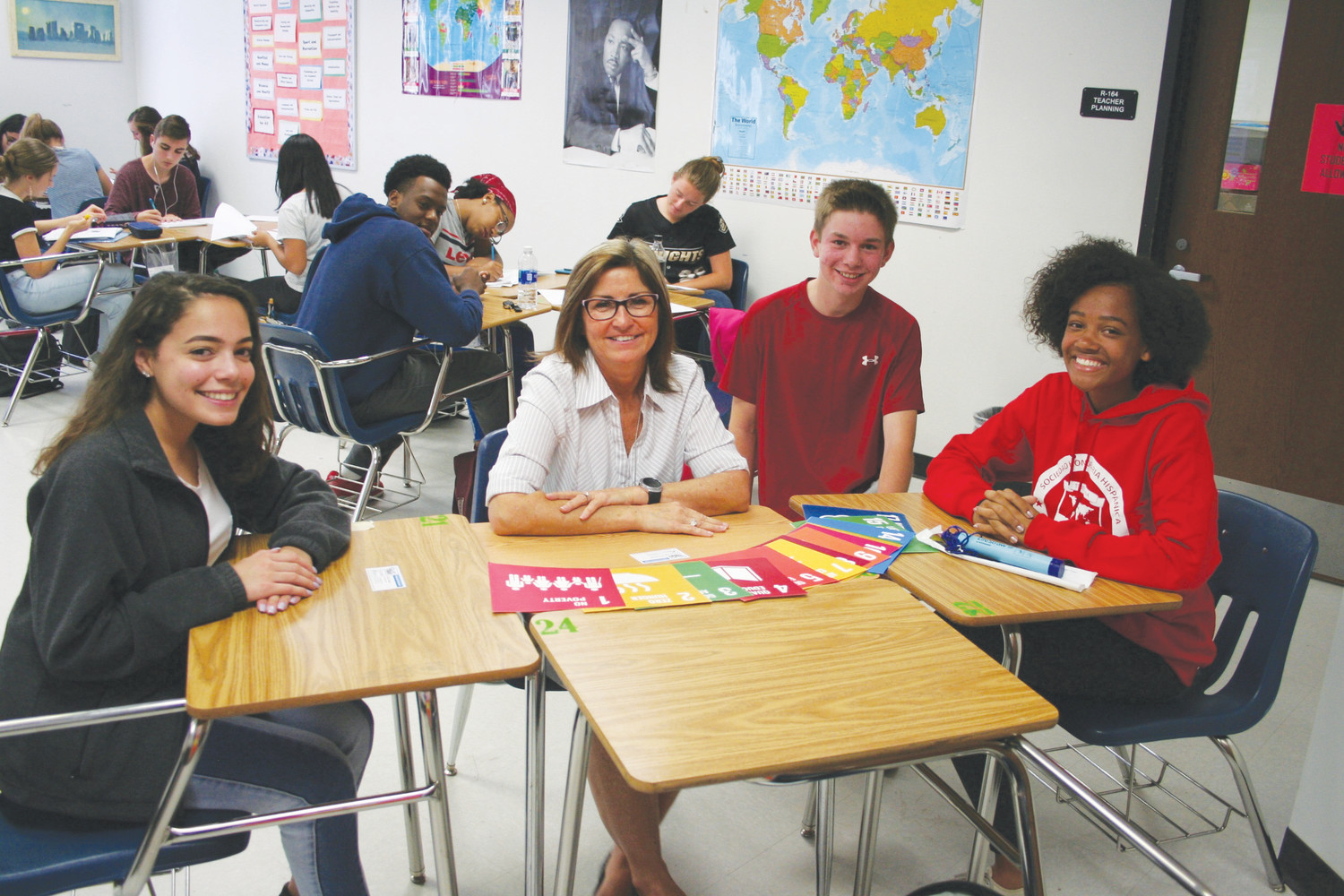Community helps provide “Water for Africa”
This item is available in full to subscribers.
Attention subscribers
To continue reading, you will need to either log in to your subscriber account, or purchase a new subscription.
If you are a current print subscriber, you can set up a free website account and connect your subscription to it by clicking here.
If you are a digital subscriber with an active, online-only subscription then you already have an account here. Just reset your password if you've not yet logged in to your account on this new site.
Otherwise, click here to view your options for subscribing.
Please log in to continueDon't have an ID?Print subscribersIf you're a print subscriber, but do not yet have an online account, click here to create one. Non-subscribersClick here to see your options for subscribing. Single day passYou also have the option of purchasing 24 hours of access, for $1.00. Click here to purchase a single day pass. |
Community helps provide “Water for Africa”
OAKLEAF – What began as a research project grew into a community movement as students, parents and families in the Oakleaf community raised more than $4,500 to provide safe clean drinking water for remote villages in Kenya.
Oakleaf High students Jackson Hickey, 15, Natalia Pennock, 17, and Reagan Euwema, 16, didn’t expect their class project to create such a response among their fellow students at first.
Euwema said when the trio made their first presentation to the school during the third lunch period, all they had to do is explain how many children die daily due to not having access to clean water.
“Many illnesses can come from dirty water – cholera, etc. A child dies every 15 seconds from water-related illnesses,” Euwema said.
The trio began their research in January as part of teacher Tina Detrick’s AICE Global Perspectives social studies class. Detrick had students research the United Nations’ Sustainable Development Goals, a set of 17 goals that are designed to rid the planet of poverty. Detrick assigned Euwema, Hickey and Pennock Goal No. 6 “Clean Water and Sanitation.”
“Originally, it was just going to be a smaller scale fundraiser; just try and solicit donations from individual classes, but after we realized how much we could raise if we got more classes in on it, we decided to make it a sort of competition between the fifth period classes at Oakleaf,” Hickey said.
The student-centered project required the three students to write a presentation after they collected all their research and then present their findings to the class using a lesson plan similar to what teachers use daily to teach students. But, they also had to find a solution.
That’s where they came across water filtration manufacturer LifeStraw, which is based in Lausanne, Switzerland, but has a charitable arm based in Washington, D.C.
“During our research, we found LifeStraw, and then we found how to make our own water filters out of turkey basters and activated carbon and coffee filters,” Euwema said.
Their class presentation also involved showing their classmates how to make their own makeshift water filters that can be used on hikes and outings.
Hickey said, while the class project took off and got the Oakleaf community excited, it made him realize how fortunate families are in the U.S.
“People here take for granted how water is used in so many parts of daily life – drinking, bathing, washing clothes. While we’re fortunate to have it – we just turn on the tap and it comes out – some people have to walk miles for water that might not even be clean,” Hickey said.
Originally, Euwema, Hickey and Pennock set their goal at collecting $2,640, which would have been enough to purchase six of LifeStraw’s “Community” filters. LifeStraw would deploy the filtration systems and train villagers on how to properly operate the system. Now, the project has raised enough money to deploy at least 10 filters. Each Community filter has the capacity to purify enough water for 100 people every day for five years.
Pennock said she was moved when she watched a video and saw children’s faces light up after receiving clean water for the first time.
“Water kind of allows them to go to school in a way because if they have good hygiene and clean water, they can go through their day with not having the complications of being dehydrated or anything like that,” Pennock said.








